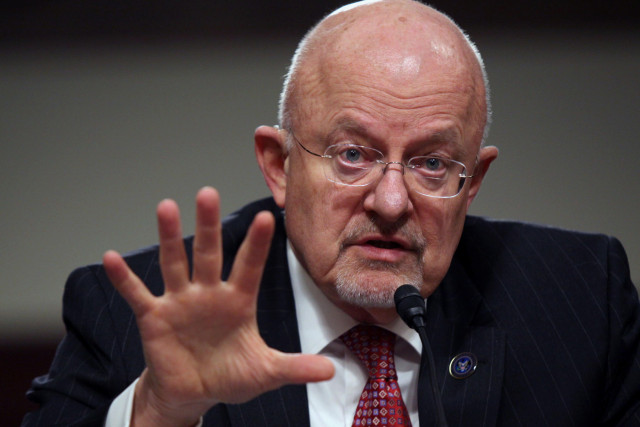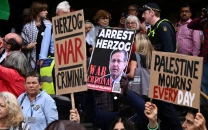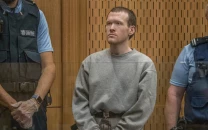US asks for Seoul's bottom line on peace talks with North: report
The 1950-53 Korean War ended with an armistice that has never been formalised by a peace treaty

James Clapper
PHOTO: WASHINGTON TIMES
The 1950-53 Korean War ended with an armistice that has never been formalised by a peace treaty, meaning that the two Koreas technically remain at war.
Pyongyang wants a treaty to be the focus of any dialogue with Washington, while the United States, backed by Seoul, insists the first priority is the issue of North Korea's nuclear disarmament.
South Korean chemical plant fighting for survival
During a low key, two-day visit to the South last week, Clapper discussed possible responses to any fresh dialogue push by North Korea following its ongoing ruling party congress, South Korea's JoongAng Daily reported.
"There was an inquiry into how much South Korea is willing to concede in case the United States begins discussions with North Korea on a possible peace treaty," the newspaper quoted an unidentified senior foreign affairs and security official as saying.
US and North Korean officials have held a number of informal discussions in neutral venues in recent years, but they are understood to have stalled over the basis for any official dialogue.
"The reason that Clapper referred to peace treaty talks is to cope with the North making a fresh proposal for a peace treaty following the congress," another official told the newspaper.
Iran and South Korea set to triple trade to $18 bn
Any peace treaty would have to be agreed between the two sides involved in the Korean conflict -- North Korea and China on one hand and the US-led United Nations on the other.
Seoul and Washington insist North Korea must take tangible steps towards denuclearisation before a peace treaty can be put on the table.
"There is no change to this stance," a South Korean foreign ministry official said when asked to comment on the news report.
During his visit, Clapper reportedly held closed-door talks with South defence, military and presidential officials.



















COMMENTS
Comments are moderated and generally will be posted if they are on-topic and not abusive.
For more information, please see our Comments FAQ